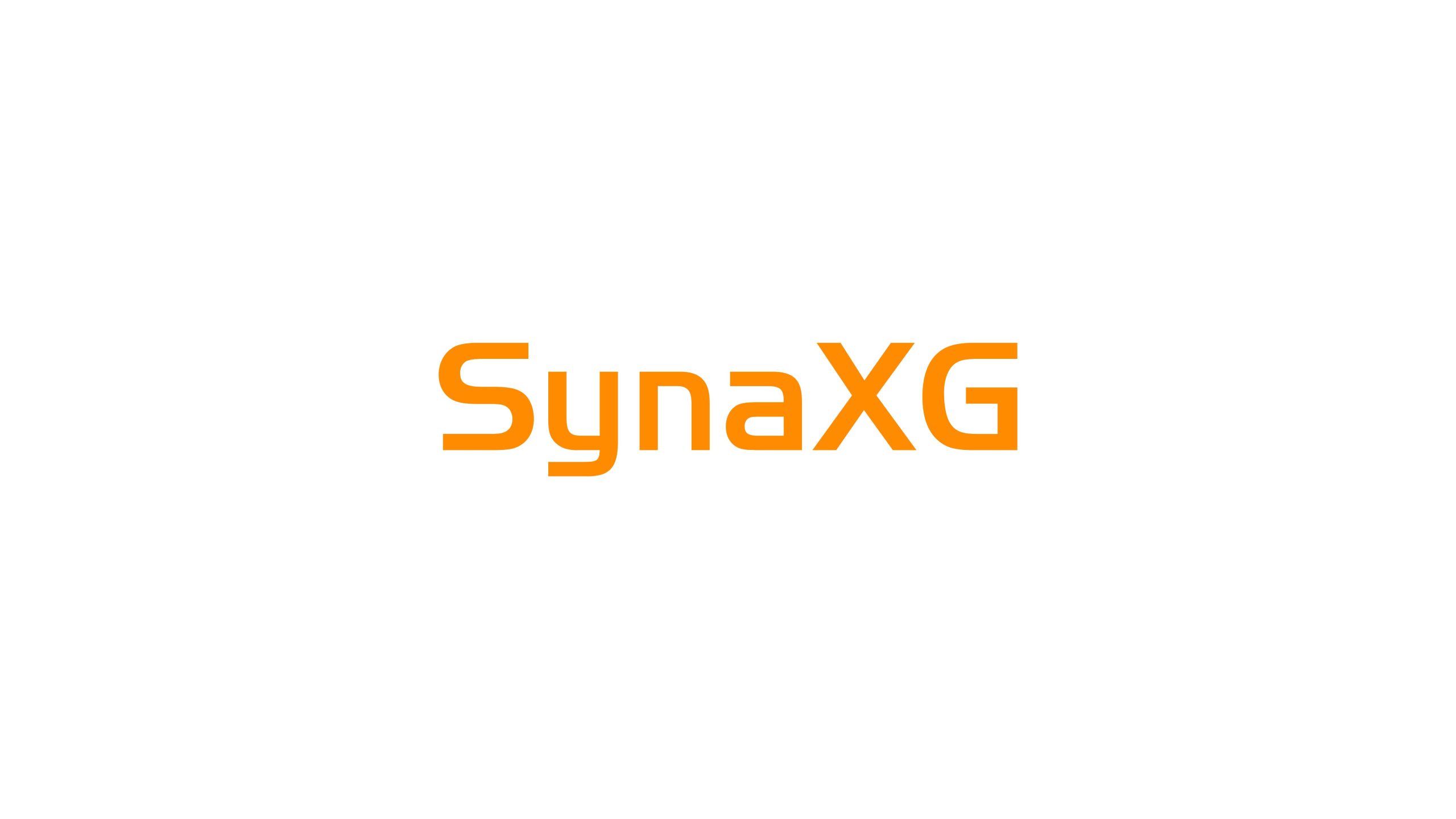AsiaTechDaily – Asia's Leading Tech and Startup Media Platform

QED Investors to Deploy Up to $300M in India and Asia-Pacific Fintech Startups
Venture capital firm QED Investors, which specializes in fintech, plans to deploy $250 million to $300 million in early and growth-stage startups throughout India and the Asia-Pacific region over the next five years. The firm is broadening its investment strategy to cover Series B and C funding rounds, alongside its usual focus on seed and Series A investments.
The US-based investor, which closed a $925 million fund in 2023, plans to allocate a significant portion of this capital to India, underscoring its confidence in the country’s evolving startup landscape.
After investing around $220 million in India since 2020, QED Investors is expanding its reach deeper into the Asia-Pacific region, actively operating in markets such as Indonesia, Japan, and Singapore while setting its sights on Australia and South Korea. Although there is no fixed allocation by country, India remains a primary focus within the firm’s broader Asia strategy, according to Sandeep Patil, Partner and Head of Asia at QED.
Established in 2007 by Nigel Morris, co-founder of Capital One, QED Investors has developed an impressive portfolio of fintech leaders worldwide, such as Klarna, NuBank, Remitly, and Credit Karma. In India, the firm has supported early-stage startups, including OneCard, Jupiter, Efficient Capital Labs, and Upswing. Most recently, QED spearheaded a $25 million funding round for OneCard, underscoring its continued dedication to nurturing the fintech landscape in the region.
In response to changing market conditions and global economic uncertainties, QED is broadening its investment approach beyond early-stage deals.
Patil explained that this shift is influenced by what he calls the “clone war” dynamic, where many similar startups emerge following initial funding rounds, but later stages help distinguish those with real scaling potential. This strategy enables QED to focus on companies that have the strongest prospects of becoming market leaders.
Alongside its established interests in lending, neo-banking, and insurance, QED is also placing greater emphasis on emerging fintech areas such as embedded finance and artificial intelligence applications. Embedded fintech integrates financial services directly into non-financial platforms, providing seamless access without the need to switch between apps or websites, a trend the firm believes will shape the future of financial services.
According to Entrackr, India-focused venture capital firms have raised over $4.2 billion through April 2025, with several major funds expected to deploy additional capital in the coming months. Startups have already secured $4.4 billion in funding this year, a figure consistent with previous years, signaling steady investor interest despite a slower 2024 when fundraising hit a five-year low of $2.7 billion.
Sandeep Patil noted that India remains an appealing market due to its large addressable market, stable GDP growth, expanding middle class, and supportive regulatory environment. He highlighted that the strong IPO activity in 2024 demonstrated the country’s ability to build successful public companies, which should encourage continued capital inflows.



